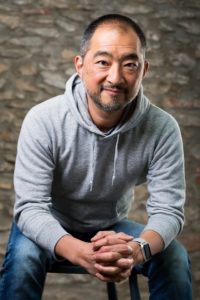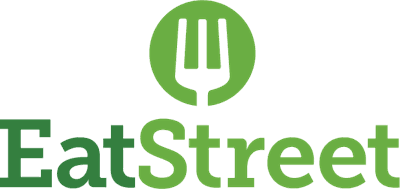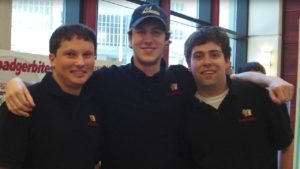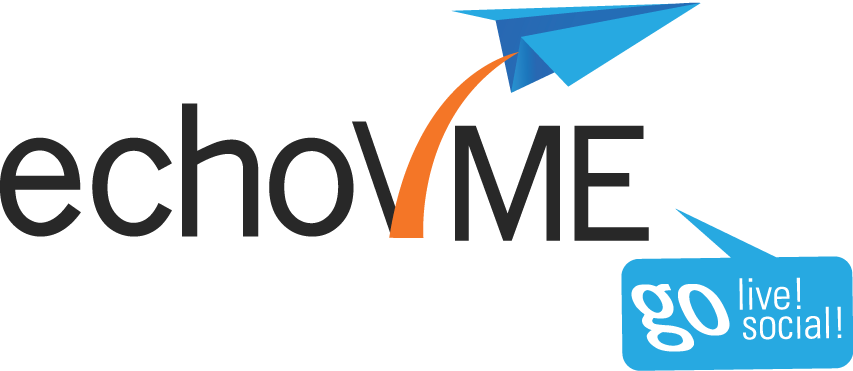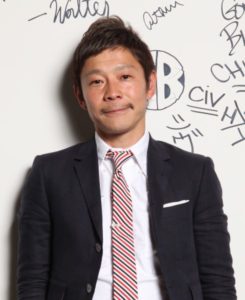Long-lasting Impact of Shark Tank India on Indian Startup Ecosystem.
Startups are the current obsession and way to independence for the youth. Starting from startups like Flipkart and PayTM, the Indian startup industry has come a long way. In fact, in terms of startups, India comes third in the list of the number of startups. Today, we can see an MBA graduate happily running a tea stall or some retired lady running their own food delivery business successfully. There is a huge role of the internet in making startups a passion more than a risk for people, but yes, the will of doing something big is what drives people to take that one decision that would change their lives forever.
Though the internet and good marketing have been one of the reliable sources from where we would get to know about new startups, a reality TV show named Shark Tank has just made us even more aware of the Indian startup industry. Shark Tank is a show that includes a bench of judges who are to invest in new business ideas from the budding entrepreneurs based on the potential of those ideas. It is the first season of the show in India, whereas the Shark Tank franchise has already produced thirteen successful seasons of the same show in the US and given opportunities to multiple startups.
About Shark Tank India
Shark Tank India is the Hindi adaptation of the American reality show Shark Tank. The show has gained popularity in India because of its unique concept of startups trying to grab an investment from the panel of ‘Sharks’ (investors/judges). The show was aired first time on TV on 20 December 2021, and the last episode of the first season came on 4 February 2022.
Shark Tank is a show of its kind, as the budding entrepreneurs of every age with their idea of business participate to represent their business idea in front of the selected investors (Sharks) and convince them to invest in the idea based on its potential. These Sharks are the leaders of their fields and looking for businesses that can multiply their investments. The Sharks in the first season included Ashneer Grover (MD and Co-founder of BhartPe), Aman Gupta (Co-founder and Chief Marketing Officer of boAt), Anupam Mittal (Founder and CEO of Shaadi.com and People Group), Ghazal Alagh (Co-founder and Chief Mama of MamaEarth), Namita Thapar (Executive Director of Emcure Pharmaceuticals), Peyush Bansal (Co-founder and CEO of Lenskart), Vineeta Singh, (CEO and co-founder of SUGAR Cosmetics).

Impact of Shark Tank India on Indian Startup Ecosystem
This is the first time that Indian TV has aired a kind of show that is appealing to every age group and has inspired many budding entrepreneurs to look beyond the 9-to-5 jobs. Shark Tank has given a great platform to people who have dreamt about having their own business but were always afraid of taking that leap of faith. The show not only inspired many but also opened gates for financial literacy for people and made them aware of many financial terms like capital investment, angel investors, series A (B, C, D, E) funding, etc., that are only known to business professionals only.
We can clearly see that not long ago, people were against starting up businesses that are different from the usual fields. Most of the times parents would ask their children to opt for engineering or medical, as these professions have always been the most secure ones. Shark Tank as a show has made a powerful impact on the middle-class population of India, which has always been afraid of taking risks and preferred government jobs over any business any day. The show has been a medium to educate the Indian middle-class parents about the existing flourishing startups and the possible opportunities in the said field.
Shark Tank has a great impact on the Indian audience, as the 35-episode series showcased people of age group from teenage to people of retiring age pitching their business ideas in front of the Sharks and bagging investments in lakhs and crores. This is only the first successful season of Shark Tank and many more to come, where we can see unique ideas making their way towards success and people normalizing startups as a career. India is already producing CEOs for big-name companies in the west, now this is the time, India produces its CEO for its own startups and makes big in the world.
Shark Tank can be a medium of filling people with confidence and becoming independent. The main learning from the show can be to find an opportunity in everything rather than waiting for an opportunity. Shark Tank is an educating show that is a must-watch for not only people looking forward to starting a business but also, for people who want to learn about business, startups, finances, investment, and where the world is moving in terms of startups and investments.

Yashica is a Software Engineer turned Content Writer, who loves to write on social causes and expertise in writing technical stuff. She loves to watch movies and explore new places. She believes that you need to live once before you die. So experimenting with her life and career choices, she is trying to live her life to the fullest.



